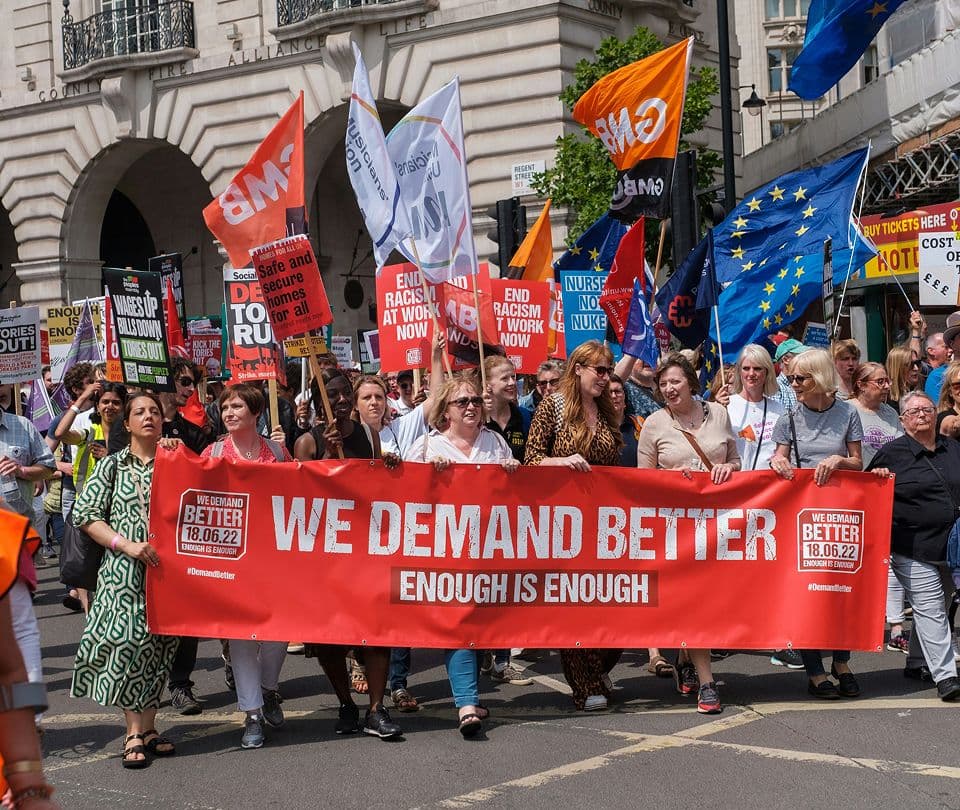What is an insurance waiting period?

What is a waiting period?
A waiting period – also known as a deferred period or a qualifying period – is the time that has to pass after you take out your policy before you’re entitled to claim and receive payment. In that time, the benefits under the policy may be limited or simply unavailable. Waiting periods are common in most types of insurance, from life and income protection to the cover you buy for your pet.
How does a waiting period work?
When you take out an insurance policy, you’ll be shown a long list of the terms and conditions that govern the policy, such as exclusions for health conditions and dangerous jobs, how you’ll pay for it and what benefits you can expect. The waiting period is one of these. In some policies it’s set by the insurer while in others you get to choose.
There are two ways in which it can affect your ability to make a claim:
In some cases, the waiting period refers only to the early days of the policy, representing the time you must have the policy before you’re allowed to claim for the first time.
In other cases, the waiting period operates on each separate claim.
Here are two examples:
Many buildings and contents insurance policies won’t let you make a claim for loss or damage to your home or possessions until you’ve been insured for a certain amount of time – often 28 days. Your cover then becomes active and, after that, you’re able to claim whenever you need to, without delay, provided the reason for your claim is an insured one.
Income protection insurance usually applies a waiting period to each claim rather than the policy as a whole. Each time you have to stop working because of illness or injury and you make a successful claim, you’ll only start receiving benefits when the waiting period ends.
Why do insurance policies have waiting periods?
On the face of it, waiting periods might seem unreasonable. After all, you’ve paid for your insurance, so why aren’t you covered immediately?
Waiting periods aren’t applied to make your life harder. They play an important part in keeping the price of premiums down as well as protecting you, the insurer and the continued efficiency of insurance in general.
Risk management
The basis of insurance is to provide protection against risk. Insurers issue policies on the basis of the information provided by the insured and possibly from third parties like doctors. However, they can’t be 100% sure that their assessment of an individual’s risk is accurate and the waiting period protects them from claims that are made for events that have already happened when the policy is taken out. It’s understandable that someone who has experienced uninsured damage or loss might seek to cover themselves after the fact, but this isn’t what insurance was designed for. The waiting period doesn’t eliminate the possibility of attempted retrospective claims but it does reduce it.
Cost control
Without a waiting period, insurers expose themselves to greater risk. The inevitable result of this would be to charge higher premiums to all customers. Imposing a waiting period reduces the risk and allows insurers to keep the cost of insurance down.
Fraud prevention
Sometimes customers may try to take advantage by making fraudulent or exaggerated claims. The waiting period gives insurers time to investigate if they suspect something isn’t right. This may sound overly cautious, but in 2023 alone, the Association of British Insurers detected 84,400 fraudulent claims worth £1.1 billion. We can only guess how many went undetected, but we can be sure that the practice pushes premiums up, which is disadvantageous to all those customers who behave fairly.
How are waiting periods used?
As mentioned, waiting periods are a feature of many types of insurance. Here are two good examples.
Income protection insurance waiting period
When it comes to income protection insurance, no waiting period policies are virtually non-existent. Although the cover usually begins immediately, income protection typically includes a waiting period for each separate claim. In most cases the choice of waiting period is up to the policyholder, and can be from as little as 1 week to 52 weeks (for policies with claims periods that can last 2 years). You decide on the period that gives you the best cover at a price that suits you. We’ll talk about how you might choose in a moment.
Life insurance waiting period
Although it may be possible to find a life insurance policy with no waiting period, this would be a rare exception - waiting periods are the norm. They are applied in different ways: there may be an overarching period before any claim can be made, and there may also be specific provisions for certain circumstances such as:
Guaranteed Acceptance: these are designed for older people or those with health issues. Waiting periods tend to range from 12 to 24 months and if the insured dies in that time the most that will be paid out is a refund of the premiums.
Critical Illness: many life insurance policies include critical illness cover, which pays out a lump sum if the insured is diagnosed with a named serious illness. It’s common to encounter a critical illness insurance waiting period of at least 90 days.
Suicide: you might assume that taking one’s own life wouldn’t be covered by a life insurance policy, but this isn’t the case. However, there’s usually a lengthy waiting period of 2 years or so. Part of the reason for this is to ensure the policyholder hasn’t taken out the policy with suicide in mind.
The importance of understanding waiting periods
When you enter into an agreement for insurance it’s essential to understand exactly what you’re buying. If you base your purchase on assumptions about how your cover will work you may be disappointed when it comes time to claim. Waiting periods are an important feature, because they not only affect how you claim, they can also influence the price you pay for your cover.
Claiming
Once you’ve accepted an insurance policy you’re bound by its terms and apart from exceptional circumstances you won’t be able to depart from them. Although as far as you’re concerned the cover has started, in reality the waiting period acts as a delay on this. Any claim you make during the waiting period will either be refused or, in the case of things like income protection, deferred until the period has ended. You won’t be paid for the waiting period and even if your claim is still current when it ends, your payments won’t be backdated.
Price
Some policies set the waiting period for you, but in those that give you the choice, the length of time you agree to wait can affect the level of premium you pay. As a general rule, the longer the waiting period, the lower your premiums will be, since this reduces the risk to the insurer.
Choosing your waiting period
Sometimes you’re given the option to set your own waiting period. A prime example is income protection:
You’re obliged to choose a waiting period even if it’s only a week
The longer the period you choose, the lower your premiums will be
Your decision will involve balancing your premiums with your level of cover
Cost isn’t the only factor to consider, though. If you are entitled to sick pay from your employer, it makes sense to coordinate the end of your sick pay with the end of your waiting period so that, when your sick pay stops, your income protection can take over.
The same principle applies if you feel willing and able to use some of your savings for the early part of your enforced absence from work. When you feel your savings will have taken a big enough hit your insurance can step in.
FAQs
It’s unlikely that a policy would include a term allowing for a waiver of its waiting periods. However, insurers always have the discretion to waive them and in certain circumstances they may agree to do so. They may also choose to offer new policies without waiting periods in order to attract new customers.
It depends on the insurer and the policy but, as an example, you’re unlikely to be able to change the waiting period in an income protection insurance policy.
Claims for general insurance like buildings and contents won’t be successful if they fall within the waiting period. For ongoing claims, as in income protection, if you’re sick but recover and can return to work before your waiting period ends you won’t receive any payment.
No. It’s common practice, but it’s possible if you shop around to find a policy without a waiting period. If you do, it’s worth comparing the cost to see if the no-waiting-period policy is significantly more expensive than others.

Related resources

Turning Customer Curiosity Into Confidence: Theea's Coverage Calculator
Introducing Theea's Coverage Calculator: the intuitive insurance tool inspired by thousands of customer conversations that turns anxiety into tailored advice and confusion into confident choices.

Meet Your Newest Eleos Perks
We’re expanding our perks with two new additions designed to turn good intentions into healthy habits. Discover everything you can get for free with an Eleos policy.

Income protection for smokers
If you smoke, you may have a tough time getting income protection insurance, but it’s not impossible.

Do doctors need income protection?
A career as a doctor may be a vocation but you still have to earn a living

Do trade union members need income protection?
What financial support will your union give you if illness or injury forces you to stop working?

Getting Britain Working Again?
On 18th March 2025, the Secretary of State for Work and Pensions announced controversial disability benefit reforms
